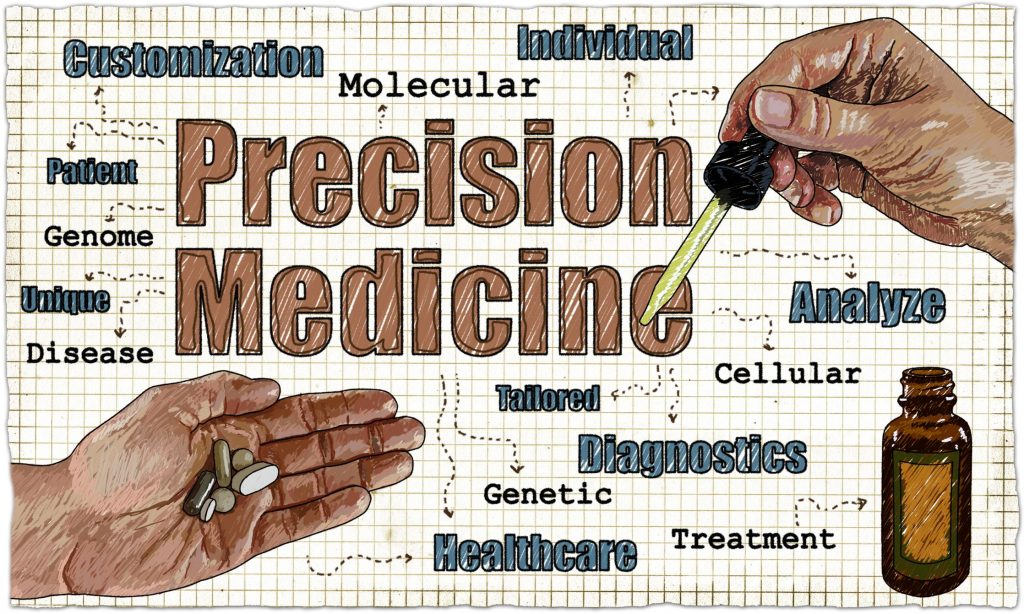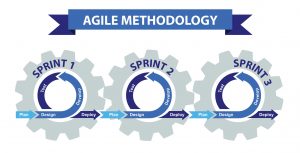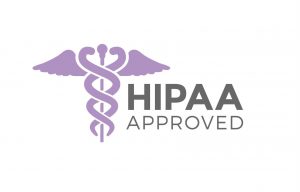Precision medicine is a term you’ll be hearing a lot more of as the dawn of a new decade approaches.
As defined by the National Library of Medicine, the term refers to the use of genetic and molecular profiling to optimize efficiency or therapeutic benefit for particular groups of patients. This approach to care operates on the idea that lifestyle, environment and genetics play important roles in the prevention and management of chronic conditions.
Precision medicine, sometimes referred to as personalized medicine, took off with the Obama administration’s commitment to the Precision Medicine Initiative, an effort to support research aimed at how the medical community treats disease. In particular, its goal was to use data supported methods to move away from “one size fits all” approaches designed for the “average patient.”
The Role of Informatics
Health informatics can help organizations considering precision medicine understand the difference between precision and accuracy. As an article from MedCity News puts it: “Accuracy refers to a specific measurement, how close something is to the truth. Precision describes a measurement system- or the ability to consistently deliver a result.”
Precision medicine applies informatics to its big data collection and analysis efforts by putting things in perspective. Providing data that has clinical relevance on a patient specific level as well as presenting that data in a way that makes it easier for physicians to interpret and use it in their decision-making process, informatics is essentially the engine that will power precision medicine into widespread adoption.
Clinical informatics and biomedical informatics, with their focus on how information is collected, stored, analyzed and disseminated, are two important areas for the advancement of precision medicine.
Prepping a Healthcare Workforce for the Age of Precision Medicine
The successful implementation of precision medicine initiatives requires professionals who are well-versed in informatics. According to a report in the journal Applied & Translational Genomics, a closer look at strategic plans focused on research and clinical implementation of precision medicine efforts revealed significant gaps in expertise that impacts the ability of a health system to relate genomic data to better health outcomes.
The report went on to say that an “informatics workforce that has interdisciplinary training which combines science, applied research and clinical implementation” is needed.
Part of the educational skills gap affecting precision medicine efforts comes from a lack of expertise in genomic research among physicians. While genomic testing and research has proliferated in recent years, the level of expertise in this area coming from physicians has not increased with it. An article from the journal BioMed Central highlights four vital components for the integration of precision medicine: people, data, tools and systems and regulations.
Focusing on the people aspect, the article makes some big predictions for the future of informatics. It calls for increased employment of specialists behind the technology of precision medicine and calls for changes to how medical students and specialists are trained when it comes to informatics.
Additionally, the report concludes that organizations implementing precision medicine should do the following:
- Promote informatics: Recruit, retain and continue to educate informatics students.
- Encourage additional informatics training: Current healthcare professionals should develop a background in informatics.
- Align professions with precision medicine aims: Informatics research and curricula should be in sync with precision medicine policies.
Education
USF Health is dedicated to providing a top tier education to health informatics professionals. The online Master of Science in Health Informatics earned the No. 1 ranking from Value Colleges, receiving the designation for how well it is suited to current healthcare professionals and the fact that it is the only program of its kind to be offered by a medical school.
That medical school setting is important, as it offers a focus on patient care rather than business outcomes, according to USF professor and co-director of the program, Dr. Athanasios Tsalatsanis.
While a health informatics degree certainly has value, it’s not the only way forward. Graduate certificates in health informatics and healthcare analytics also offer a way for current healthcare professionals to get started on an education that will provide them with relevant skillsets in the era of precision medicine.
Inova Center for Personalized Health is one organization that is looking to take precision medicine to the next level through a partnership between the Commonwealth of Virginia, leading research universities around the state and healthcare companies. Inova’s CEO, Todd Stottlemyer, told the Washington Business Journal: “Certificate programs, in particular, are key because they’re faster and more market-based, which will allow current employees to quickly expand their skills in the precise areas Inova needs.”




